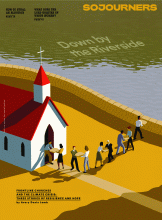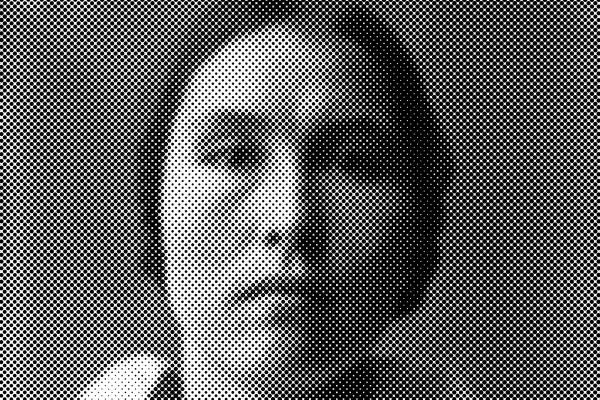HOME. PERPETUAL WANDERING is a crucial aspect of the Christian narrative. Cast from Eden, Christians are forever strangers in a strange land.
But for black and Indigenous people, that means something very different. If the original sin of the colonized West is genocide and slavery, that is not our sin. And yet it rendered us homeless as surely as the apple in the Hebrew narrative. Forcibly uprooted again and again, black and Indigenous people seek to create, and return, home.
Indigenous scholars such as Kim TallBear and Kim Anderson have described the power that the American idea of home has on the minds of people and politics, and the threat posed to that ideal by Indigenous families who did not live in nuclear relationships with women in a subordinate role. Historically, land allotments for settlers seeking to homestead or for Indigenous people were allotted to heads of households based on the size of households; having a wife and children ensured a larger allotment. Indigenous people who were determined to be more than “half-blood” were not given land outright but had their allotment held in reserve because they were not considered capable of managing the land themselves.
The founders of the United States and generations of subsequent legislators defined the home in narrow and specific terms, creating laws and policies that ensured that free blacks, Indigenous people, immigrants, and poor whites were unable to achieve this American Dream. Vagrancy laws separated families and jailed people under vague and arbitrarily written codes. The Homestead Act, while providing land for settler families, required clearing the West of the people living there. People were framed as “nomadic” in order to justify the theft. The practice of redlining, marking boundaries around primarily black neighborhoods, was used to deny mortgages and exclude black families from home ownership.
The homeless, whatever their stories, are still viewed as suspect by Western society. People whose sexuality does not conform to the American ideal have long been described as threats to marriage and family, and many landlords rely on their Christian beliefs to justify denying homes to LGBTQ people. Yet around the world, U.S. media promotes a glowing image of the American home and family—making promises the country refuses to keep.
The church’s role
SO IT'S A strange dissonance in church, singing songs about wandering and seeking a home when, as an Indigenous woman, my homelessness is because of the church’s role in empire and colonization. This was not just complicity, but active engagement, directing the process and benefiting from the displacement and forcible relocation of black and Indigenous people, as well as from foreign wars that destabilize other countries and generate refugees and asylum seekers.
It was a pope who wrote the so-called Doctrine of Discovery, giving colonizers rights over our land; Justice Ruth Bader Ginsberg cited it to deny an Oneida land claim in 2005. It was the churches who ran residential schools and whose missionaries paved, and continue to pave, the way for capitalism and colonial government by marketing the constructed idea of home as a Christian ideal and model.
Read the Full Article

